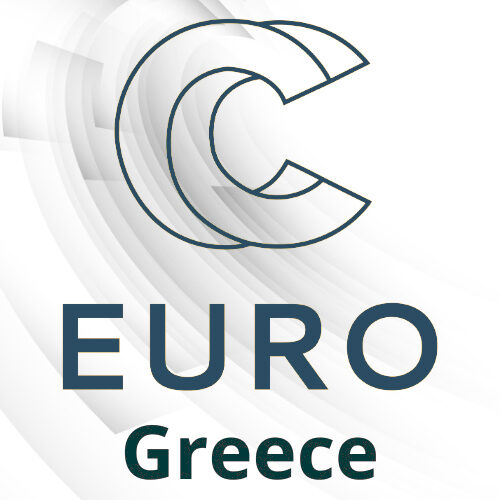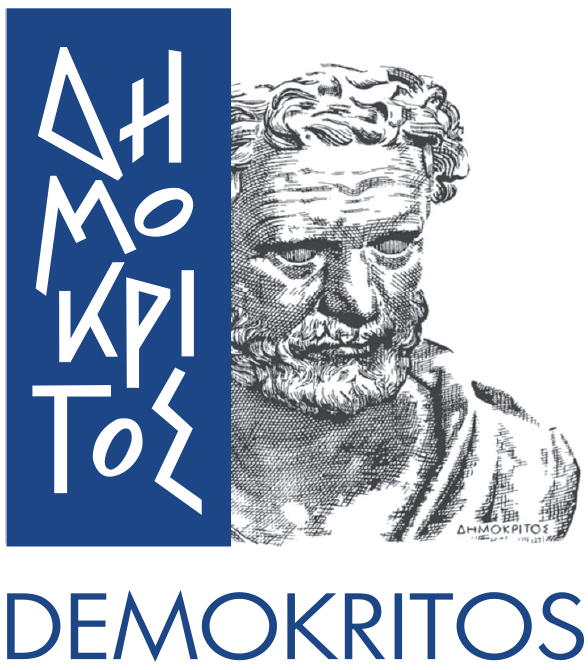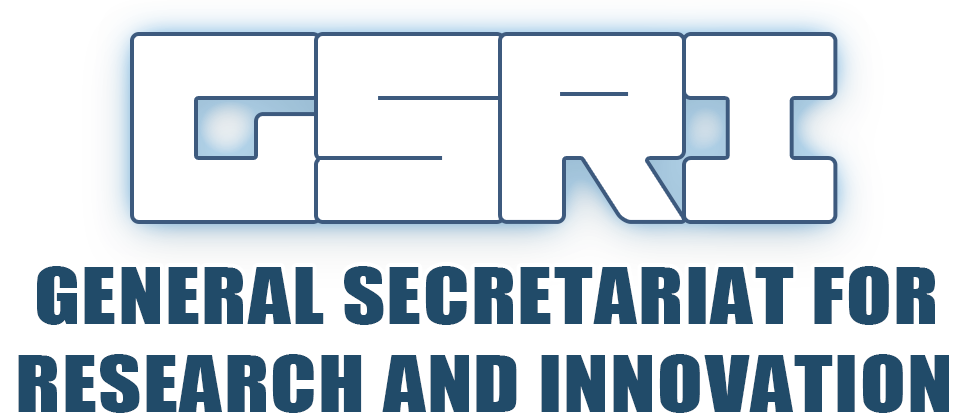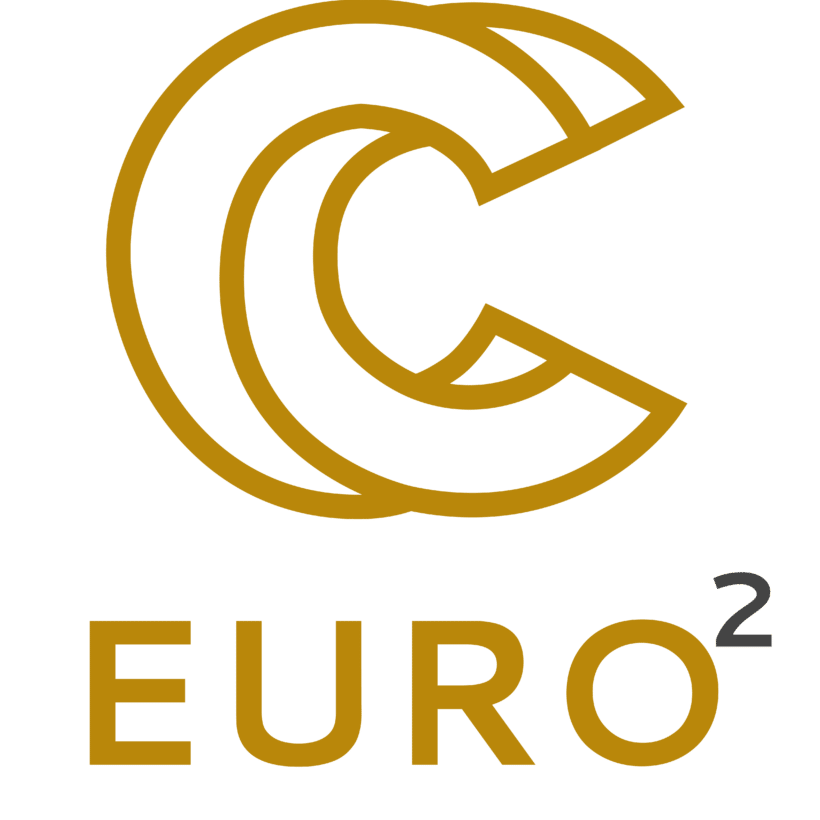EuroCC@Greece Industrial Internship Program
The EuroCC@Greece Industrial Internship Program, as part of theMSc Thesis project, administered by EuroCC@Greece partners, is giving students valuable industry experience in the area of HPC. Participating companies collaborate with one MSc student and his/her supervising faculty member in a real business or industrial research HPC problem. Students work on business HPC projects that fit their interests and experience and enhance their studies, and gain from unique professional development opportunities
The program aims to provide the opportunity from the one side, to introduce students to industrial culture and train the future workforce and industry leadership in the area of HPC. While from the other, it enables Greece companies to experiment with HPC and enhance their innovation potential.
Why: Recognising the emerging industrial and training opportunities and needs, the EuroCC@Greece partners aim to develop an Industrial Internship Program between Greek MSc students and universities with National companies (SMEs), so as to facilitate collaboration and co-creation that will enhance HPC adoption and usage in Greece while better prepare tomorrow’s leaders for industrial careers.
Who: The Internship Program is open to MSc students from Greek universities and research organisations that are part of EuroCC@Greece network and Greek start-ups, and small- to medium-sized (SME) companies and large companies.
Eligibility requirements:
- Student eligibility requirements: Greek MSc student in a EuroCC@Greece partner program.
- Company eligibility requirements: Greek small and medium sized companies (SMEs) including start-ups, and large companies that could benefit from HPC use and be innovators in their domain.
What: Students can expect to work on projects (research and industrial) aligned with their interests and experience, and which may be directly linked to their master thesis. No prior industry experience is necessary or expected. Collaborating companies will provide real HPC business or industrial research challenges.
Participants should make a high-level publication of their findings in collaboration with the involved entities (industrial and academic).
When: Academic year 2022. The application window is open!
Where: Internships will be conducted in collaboration with a Greek company (SME, start-up, etc).
The application window is now open for 2022 !
SHARE YOUR INTEREST
- Interested students: contact us at contact@eurocc-greece.gr
- Interested companies: contact us at contact@eurocc-greece.gr, please share any potential industrial needs that you may have and which can be solved with HPC
Potential Themes/Industrial challenges
NCSRD
Theme 1: Usage of big data of short and long term forecast weather data, towards the prediction of wind energy production. The concept consist of 3 stages:
- 1. Familiarise with available weather data from open databases (aka Copernicus)
- 2a. Download and and analyse large amount of weather data
- 2b. Downscale necessary variables via statistical or dynamic methods
- 3. Convert weather variables to wind energy production in wind park level
- 4. Compare solution to real data (if available), to other models available in the literature
The management of large amounts of data, the downscale of weather variables and the final solution of wind energy production are bottlenecks whereas HPC usage is essential, depending on the approach.
Company/Sector: Energy, Earth science
Collaborating Academic Partner: NCSR Demokritos
Contact person: Dr Stelios Karozis
Theme 2: Optimization of Metal Hydrides as H2 storage and compression solution via CFD simulations. The concept is an end-to-end business case study consisting of the following steps:
- 1. Familiarise with available Metal Hydrides and H2 storage and compression applications
- 2. Model / digitalize the physical system by taking into account symmetries, choose the necessary assumptions etc
- 3. Explore and use physics schemes
- 3. Perform CFD simulations
- 4. Compare solution to real data (if available)
Company/Sector: Energy, Environment, Chemical engineering
Collaborating Academic Partner: NCSR Demokritos
Contact person: Dr Stelios Karozis / Dr Thanos Stubos
NTUA
Theme 1: Build a large-scale, realistic model for the Chemical Vapor Deposition (CVD) of thin metallic films or their corresponding oxides. The concept consists of the following stages:
1. Familiarise with the CVD process which is industrially applied for the production of metallic and metal oxides thin films.
2. Get insight in the phenomena occurring during the process by simulating the flow field and the temperature distribution in a CVD reactor.
3. Develop a reliable computational model including the chemistry mechanisms occurring during the process, both in gas phase and on the surface.
4. Conduct parallel computations to accelerate the simulation of the system.
5. Compare solution to experimental data to decide upon the validity of the model and propose optimised solutions by changing the process parameters (e.g. reactants flow, temperature and pressure)
The simulation of large-scale, industrial processes where the computation of coupled transport phenomena and chemistry mechanisms is required is a bottleneck for the efficient optimisation of the process which can be tackled by the application of HPC for simulation acceleration.
Company/Sector: Materials Science, Manufacturing, Chemical Engineering
Collaborating Academic Partner: School of Chemical Engineering, NTUA
Contact person: Dr Yiannis Aviziotis








